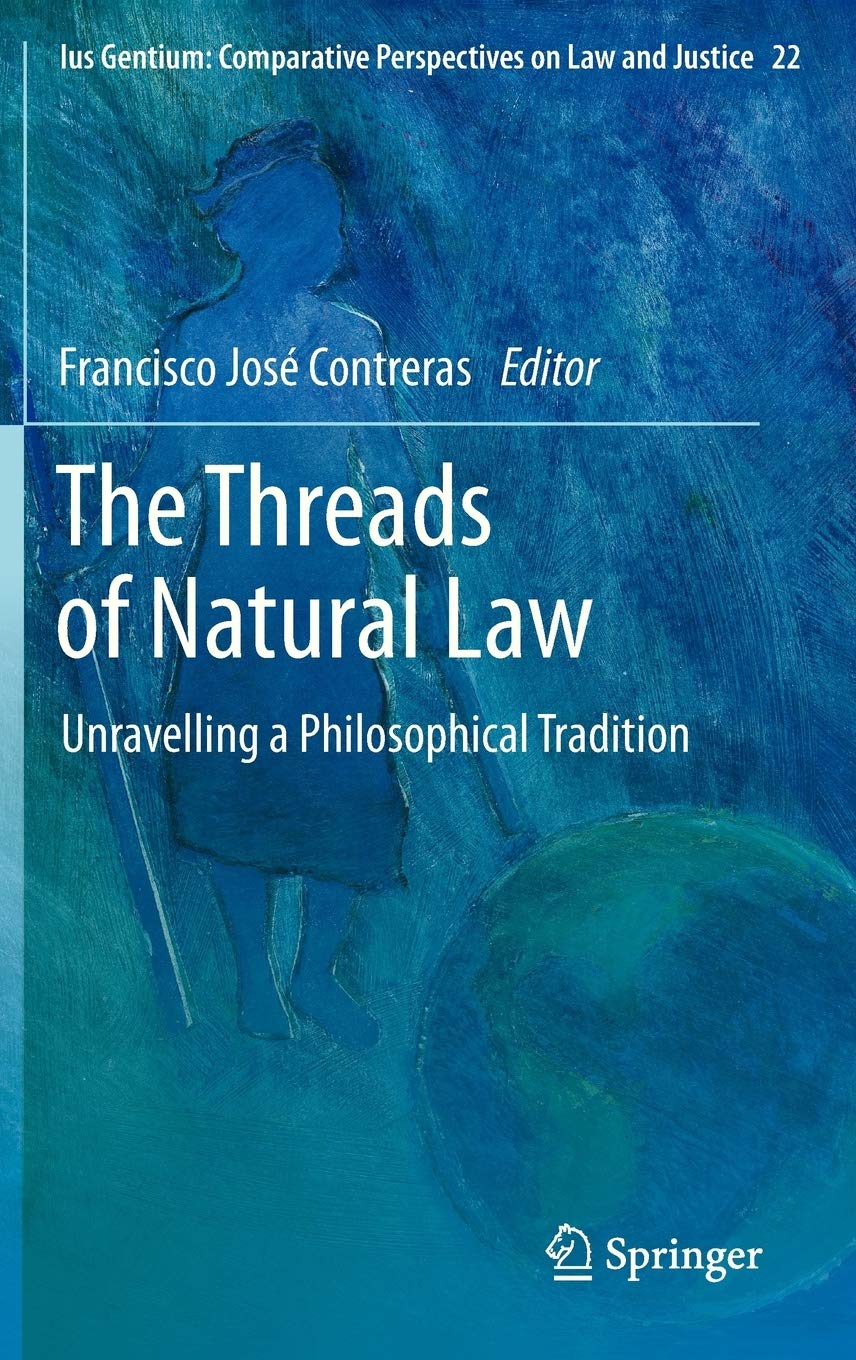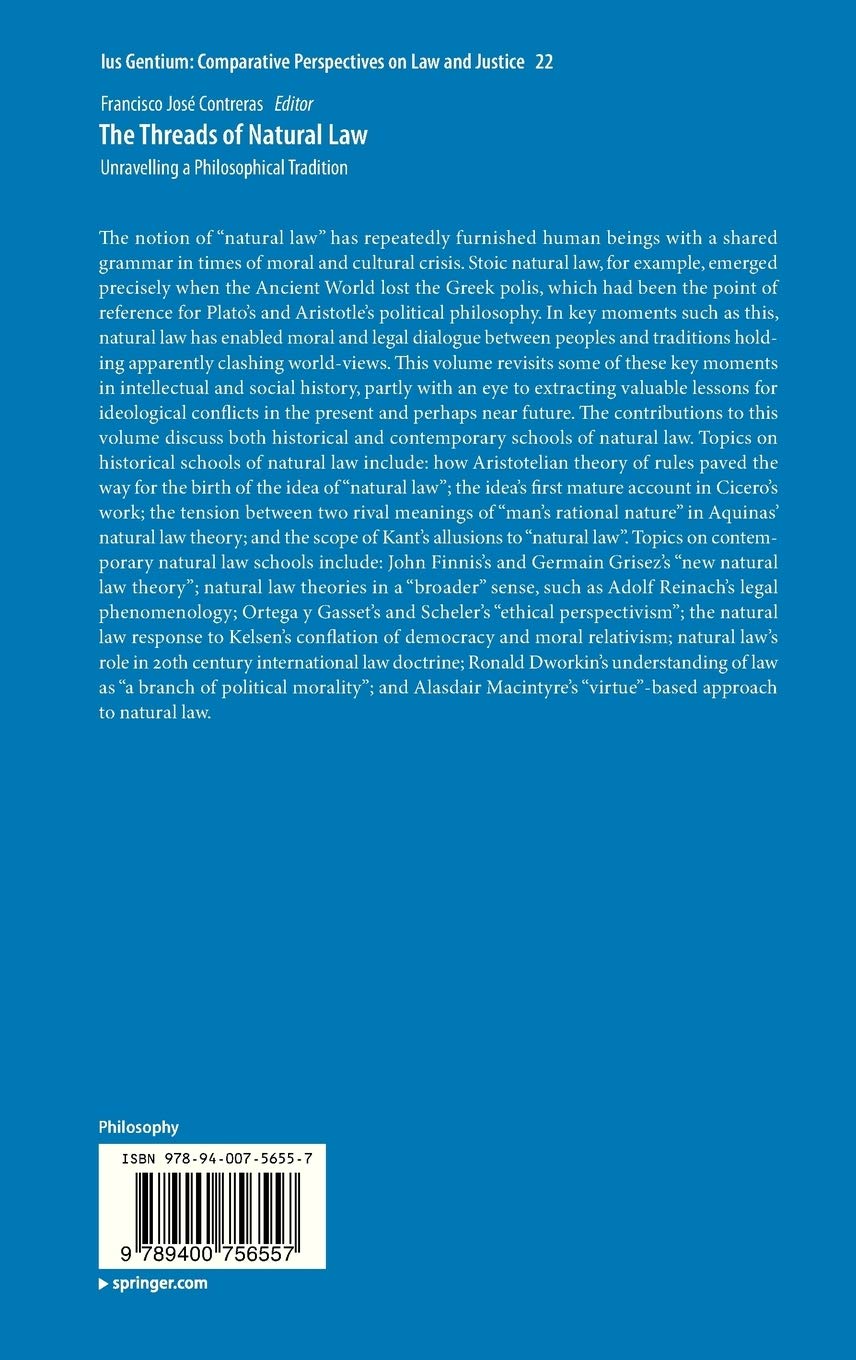The Geography of Morals
is a work of extraordinary ambition: an indictment of the parochialism
of Western philosophy, a comprehensive dialogue between anthropology,
empirical moral psychology, behavioral economics, and cross-cultural
philosophy, and a deep exploration of the opportunities for self,
social, and political improvement provided by world philosophy.
We
live in multicultural, cosmopolitan worlds. These worlds are
distinctive moral ecologies in which people enact and embody different
lived philosophies and conceive of mind, morals, and the meaning of life
differently from the typical WEIRD -- Western, Educated,
Industrialized, Rich, Democratic -- person. This is not a predicament;
it is an opportunity. Many think that cross cultural understanding is
useful for developing a modus vivendi where people from different worlds
are not at each other's throats and tolerate each other. Flanagan
presses the much more exciting possibility that cross-cultural
philosophy provides opportunities for exploring the varieties of moral
possibility, learning from other traditions, and for self, social, and
political improvement. There are ways of worldmaking in other living
traditions -- Confucian, Daoist, Buddhist, Hindu, Jain, Muslim,
Amerindian, and African -- that citizens in Western countries can
benefit from. Cross-cultural learning is protection against what
Alasdair MacIntyre refers to as being "imprisoned by one's upbringing."
Flanagan
takes up perennial topics of whether there is anything to the idea of a
common human nature, psychobiological sources of human morality, the
nature of the self, the role of moral excellence in a good human life,
and whether and how empirical inquiry into morality can contribute to
normative ethics. The Geography of Morals exemplifies
how one can respectfully conceive of multiculturalism and global
interaction as providing not only opportunities for business and
commerce, but also opportunities for socio-moral and political
improvement on all sides. This is a book that aims to change how
normative ethics and moral psychology are done.
![The Geography of Morals: Varieties of Moral Possibility (English Edition) por [Owen Flanagan]](https://m.media-amazon.com/images/I/51zh9nNCUwL.jpg)
Clique na imagem para acessar link do livro.
Owen Flanagan was born and raised in Westchester County, New York. He is the author of the classics Varieties of Moral Personality (1991) and Consciousness Reconsidered (1992). He lives in Durham, NC, where he is currently James B. Duke Professor of Philosophy and Co-director of the Center for
Comparative Philosophy at Duke University.
![Kierkegaard, MacIntyre, Williams, and the Internal Point of View (English Edition) por [Rob Compaijen]](https://m.media-amazon.com/images/I/41iHQ635KjL.jpg)



![The Geography of Morals: Varieties of Moral Possibility (English Edition) por [Owen Flanagan]](https://m.media-amazon.com/images/I/51zh9nNCUwL.jpg)
![Alasdair MacIntyre: An Intellectual Biography (English Edition) por [Émile Perreau-Saussine, Pierre Manent, Nathan J. Pinkoski]](https://m.media-amazon.com/images/I/41rKJ5GdZrL.jpg)


